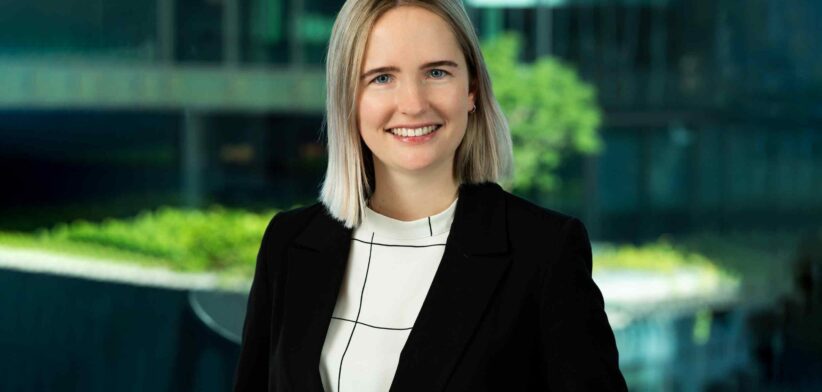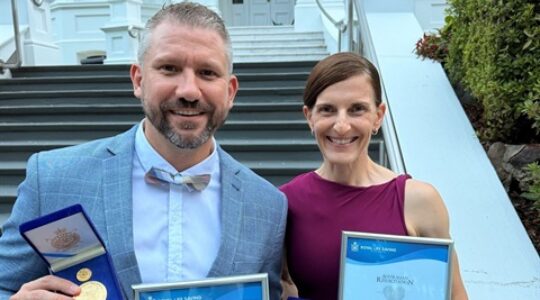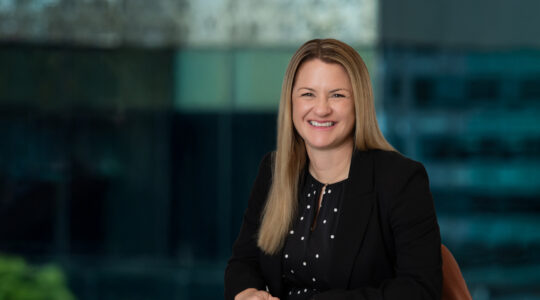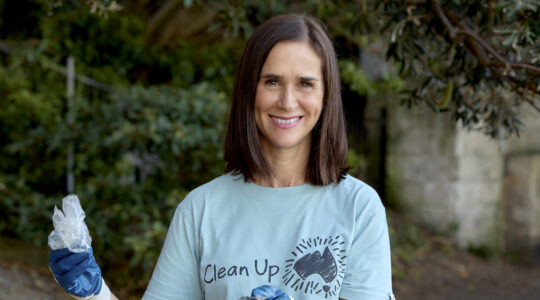So don’t be afraid to let them show
Your true colours
True colours are beautiful
Like a rainbow – Cyndi Lauper
When Cyndi Lauper sang about letting your true colours shine through, it was unlikely she was thinking about workplaces.
Yet, increasingly, the idea of being your true self in the workplace is part of the diversity conversation in progressive workplaces.
And the rainbow has become a powerful symbol of support for employees who might otherwise feel marginalised or unsafe.
One firm taking this concept to heart is McCullough Robertson Lawyers (McR), which recently achieved gold status on the Australian Workplace Equality Index and won the 2024 Small Employer of the Year Award at the Australian LGBTQ+ Inclusion Awards.
The award came off the back of the work of the firm’s McColour Committee, formed in 2017 to help ensure the practice was a safe place for staff and clients who identified as LGBTQ+.
McCullough Robertson McColour Committee Chair Savannah Kuylaars said the notion of comfortably being yourself in the workplace was increasingly important, particularly for young people starting their careers.
“To perform at your best in a place where demands can be high and you are spending a lot of your time, really requires you to bring your full self to work and to feel safe there,” she said.
“This type of environment is also vital for you to maintain longevity. The studies consistently show that in workplaces that support pride and diversity, people perform better, are more productive and have higher engagement.”
Ms Kuylaars said, by consciously displaying a rainbow banner at careers events, McR attracted a lot of positive attention from young lawyers seeking a workplace culture that genuinely encouraged diversity.
She felt the same when, during induction at the firm, staff proudly wore rainbow support badges.
“I strive for the day when these sorts of programs won’t be necessary because it will just be part of the way organisations operate and general society will have that level of respect,” Ms Kuylaars said.
“A lot of people in the firm are surprised we need the McColour Committee because McCullough Robertson staff already have that level of respect.
“I think that shows that we’ve created a really good culture here but unfortunately, if you look outside of these spaces that we operate in, there is a lot of disharmony and there is a lot of negativity and really harmful dialogue around this space.
“Because of that it is still necessary to take a stand.”
McR Partner Ian Hazzard, who has been the partner champion of the McColour group since its inception, said there had been plenty of learnings for the firm from the process over the past seven years.
“When we first started off, we might have had a handful of people attend events that we were holding,” he said. “Now we have to get a bigger room to fit everyone in”.
“We have been very gentle and considered in terms of involving people and not mandating that they be involved”.
“It’s also important that the events are not just to have tea or coffee or a drink on a Friday afternoon because there is an education component in pretty much everything we do.”
Mr Hazzard said it was important that the initiatives were genuine and not just “ticking a box” because that might be expected of an organisation in certain settings.
“My catchphrase since we launched it (the committee) has been that we are doing it because it is the right thing to do,” he said. “We are trying to spread the word and have people feeling comfortable about the opportunities that we provide”.
“When we started talking to the firm and the partners about the opportunity and what it might mean we had people genuinely investing in the concept and that groundswell of support led us to where we are today.”
Mr Hazzard said it helped that McCullough Robertson at its heart was a Queensland-founded firm that could chart its path without being restricted by international ownership.
“We genuinely have a partnership and structure where everyone gets to have a say and this initiative has been accepted as part of our culture,” he said.
“We scratched the surface and, when we did, we found a remarkably strong level of support.”









